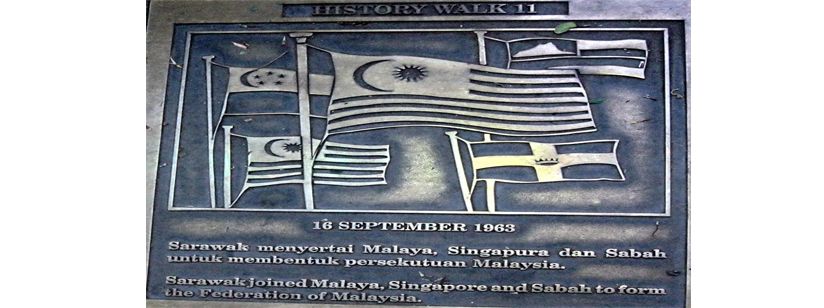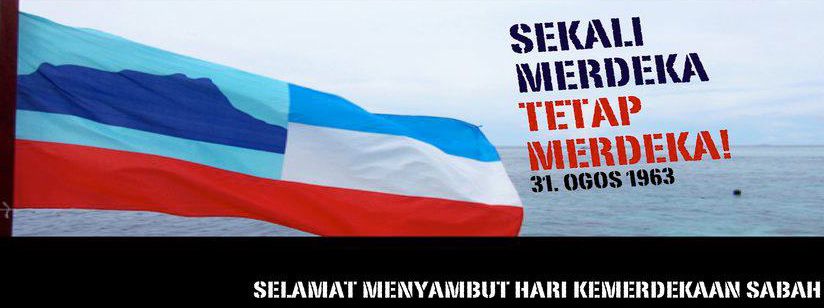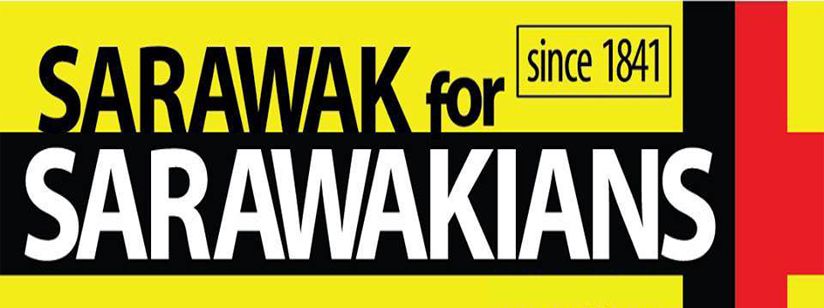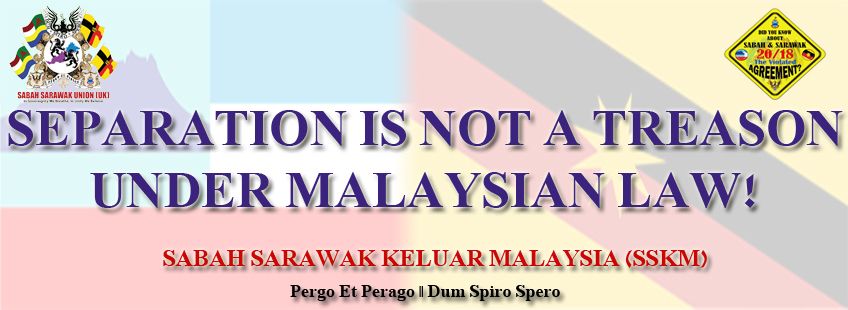
Wednesday, 16 May 2012
Tanah Kami Rumah Kami

Warga warga kaum Iban yang membuat protes terhadap pencerobohan warga kapitalis terhadap tanah adat mereka di Balai Ringgi. Lokasi ini di Wisma Pelita. Mereka dari pukul 11am sampai 2pm manakala sahabat #OccupyKUCHING bersama mereka dari malam semalam 14/5/2012 sampai subuh 15/5/12. Ada yang memberi sokongan makanan kepada mereka. Sokongan dari kaum Melanau bersama mereka dari malam semalam. Sekarang mereka hanya perlu sokongan wang...
MUSA AMAN MONEY LAUNDERING AND ILLEGAL TIMBER
Malaysia’s attempts to cover up the scandal over the international money laundering of illegal timber money by Sabah’s Chief Minister, Musa Aman is beginning to unravel.
Following our release of several of the highly incriminating documents that have come into our possession relating to the case, a number of international bodies have started to take a closer look at the evidence.
source : http://hornbillunleashed.wordpress.com/2012/05/04/3004...
88 of URBAN SABAHANS WANT RCI
According to replies provided in Parliament last year, Sabah’s population was 651,304 in 1970 and grew to 929,299 a decade later. But in the two decades following 1980, the state’s population rose by a staggering 1.5 million people, reaching 2,468,246 by 2000.
Media reports said that, as of 2010, this number has grown further to 3.12 million, with foreigners making up a sizeable 27 per cent or 889,799 of the population....
Cabinet Memorandum. Policy in regard to Malaya and Borneo. Memorandum by the Secretary of State for the Colonies. 29 August 1945
Policy in regard to Malaya and Borneo (1945)
by the Government of the United Kingdom
related portals: United Kingdom, Malaya, North Borneo
Information about this edition
------------------------------------
Cabinet Office Memorandum, 29 August 1945
(THIS DOCUMENT IS THE PROPERTY OF HER BRITANNIC MAJESTY'S GOVERNMENT)
Printed for the Cabinet. August 1945.
COPY NO. 36
SECRETC.P.(45)13329th August, 1945
CABINET
POLICY IN REGARD TO MALAYA AND BORNEO.
MEMORANDUM BY THE SECRETARY OF STATE FOR THE COLONIES.
AT...
Sabah Sarawak Creed
The Blood of Mother Borneo runs in my veins
I will love and respect my brothers, my sisters, my ancestors and myself all the time.I will support SSKM with all my heart, all my soul and all my might, all the time, everywhere I am, every place I go.
The 18/20 points agreement will be by shield my sword . And while doing so, I will make every effort to educate our people for the common good of our people. I solemnly swear to protect our children from all harm, for they are our future. I will yield due respect to our elders, for they...
The future of Sabah/Sarawak and the Federation of Malaysia

Do "Like" this page in Facebook. From there, you will be able to post any question regarding to Sabah and Sarawak and the Formation of Malaysia which were formed by four countries; Sabah (North Borneo), Sarawak, Singapore and Malaya. But in 9 July
Click this link https://www.facebook.com/SabahSarawak to go to this pa...
Sabah Sarawak Keluar Malaysia (SSKM)'s Blog

This is where any Borneon of Sabah & Sarawak Nations can put their posting in relation to past and currents issues.
Join us in Facebook group by clicking this link https://www.facebook.com/groups/betterState . Only Sabahan and Sarawakian are allow to join this grou...


























































